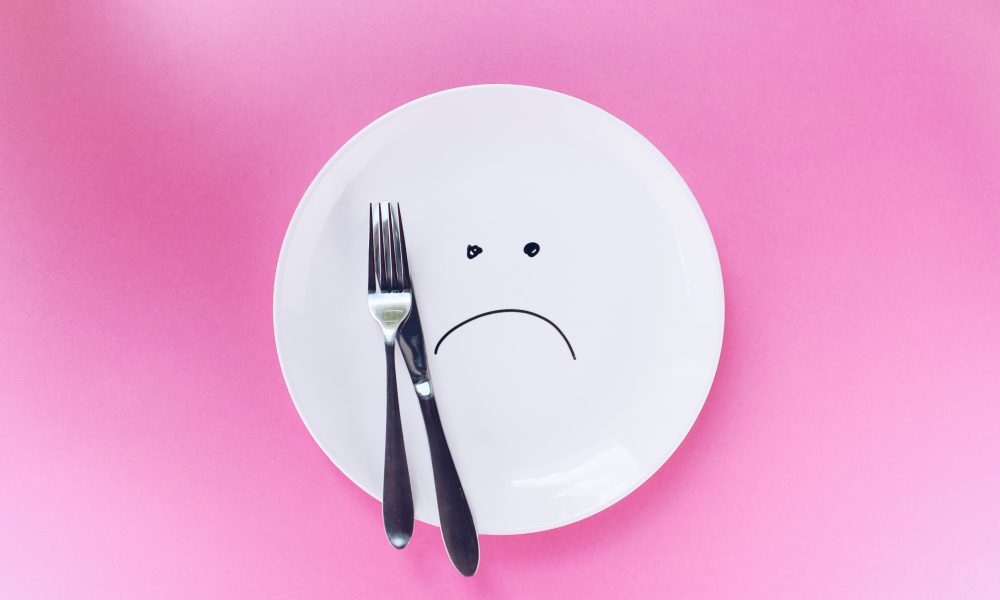
Did You Know Red Meat Isn’t Bad For You?
Red meat has been the blame for bad health for decades now. Apparently, eating a mammal’s nutrient dense flesh is going to infect your body, give you cancer, and put you in a grave before you can meet your grandchildren.






